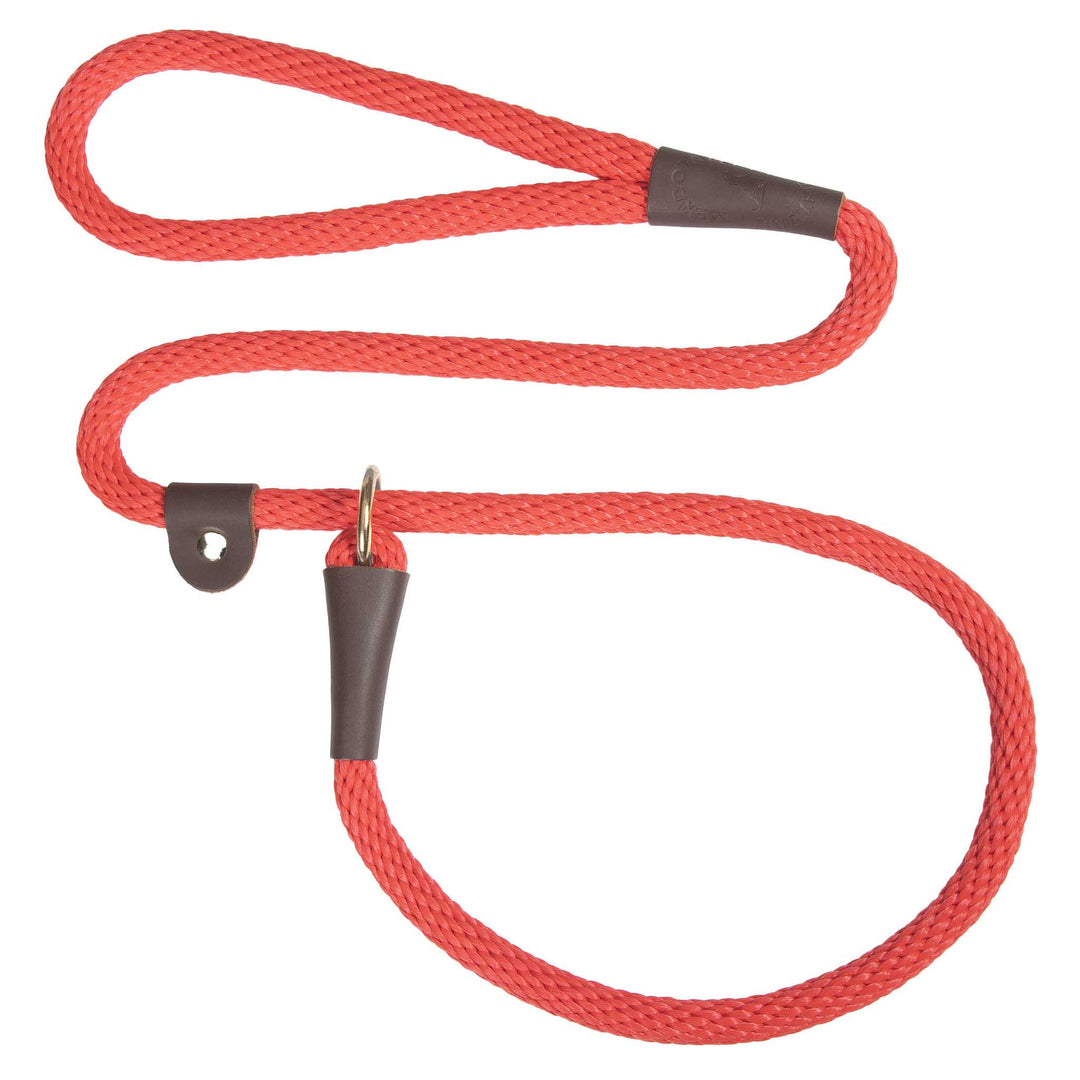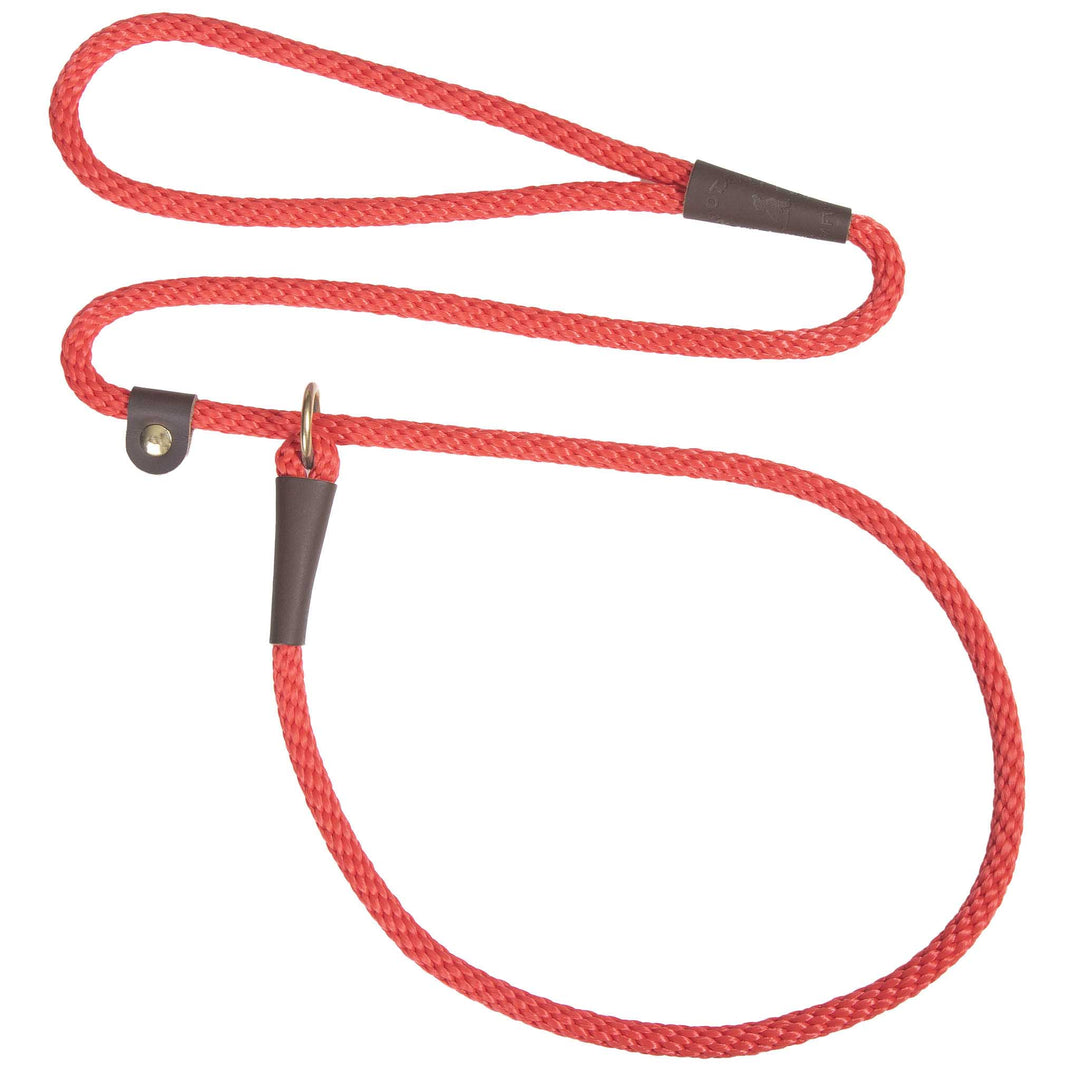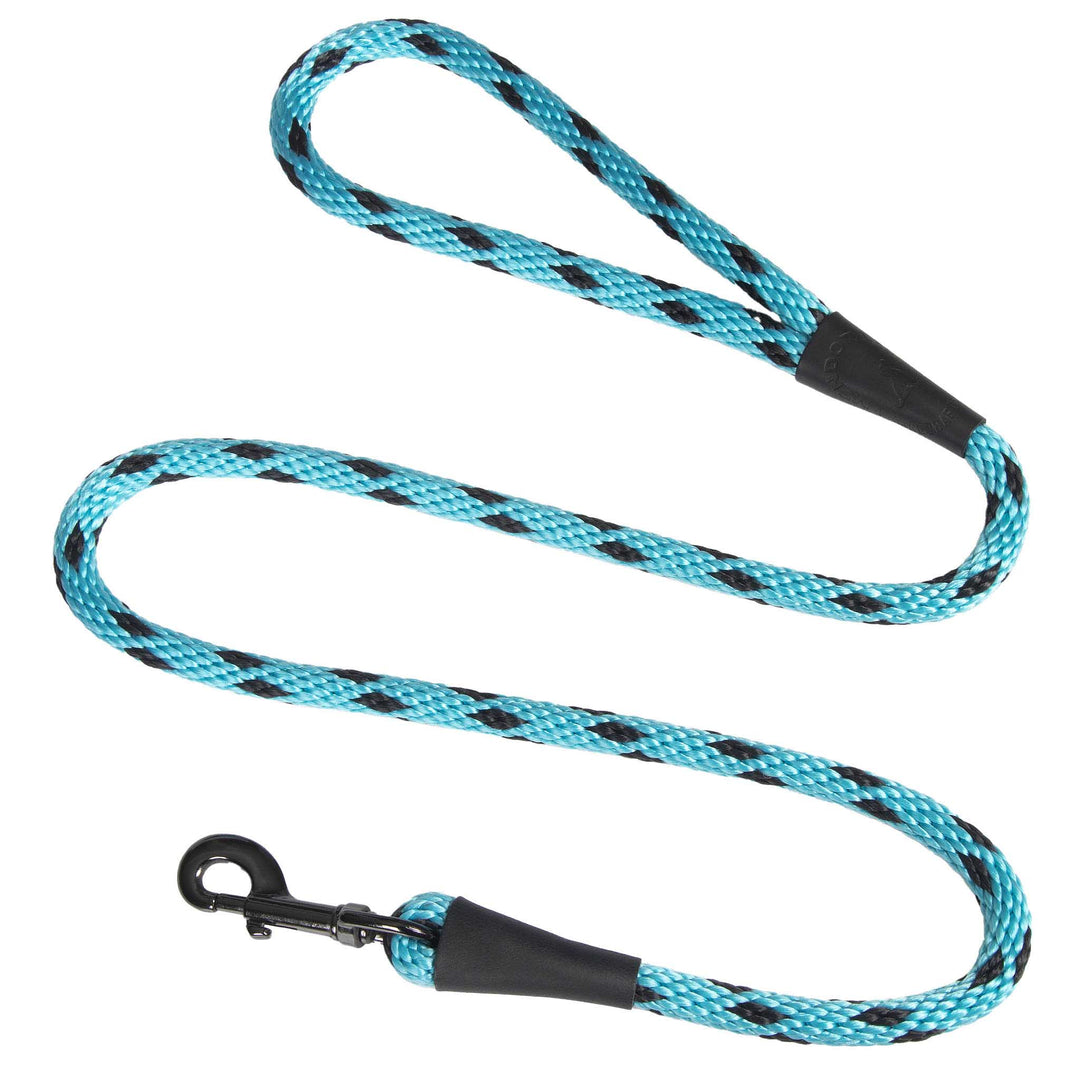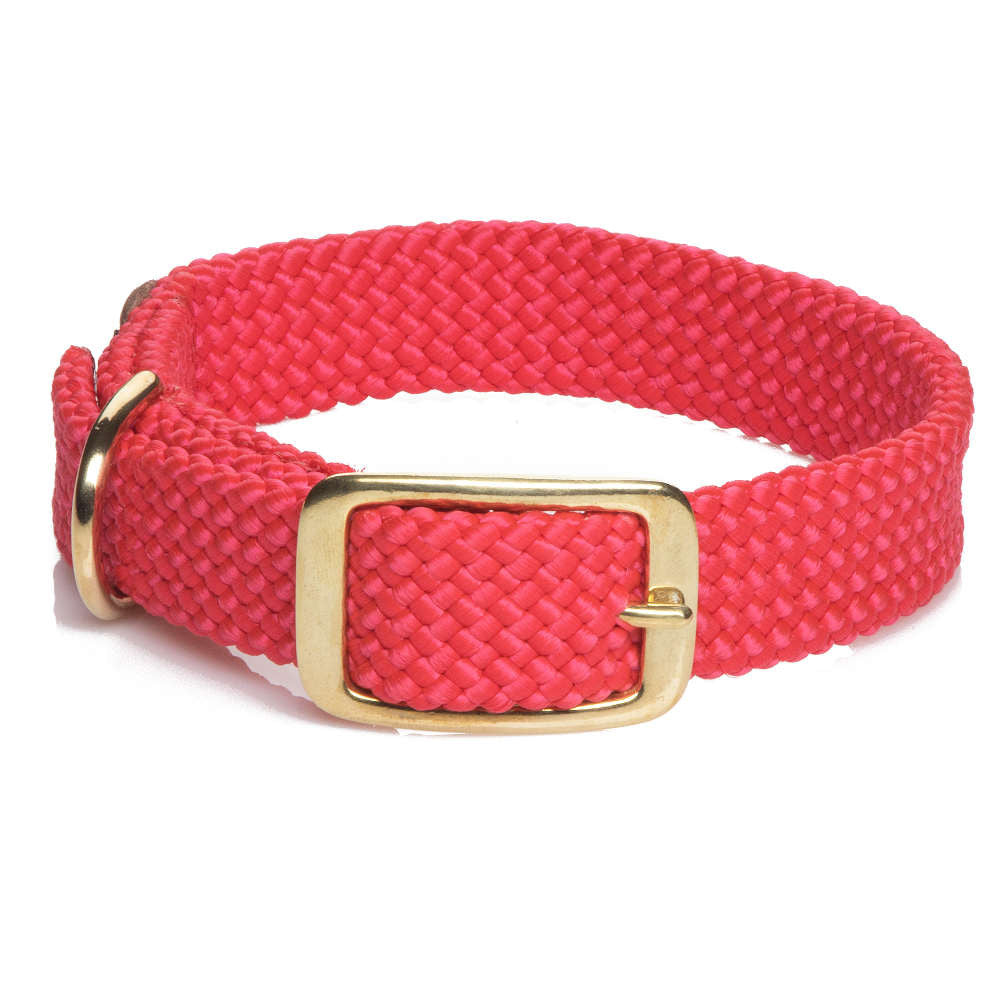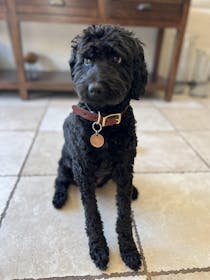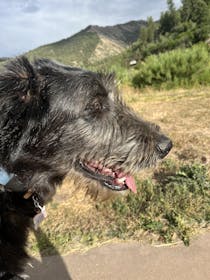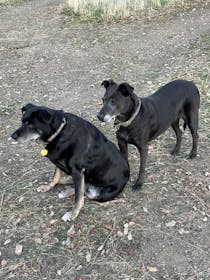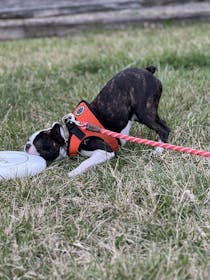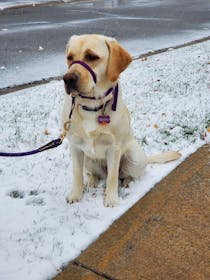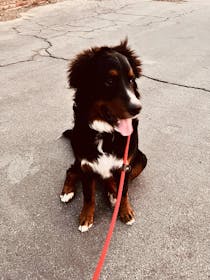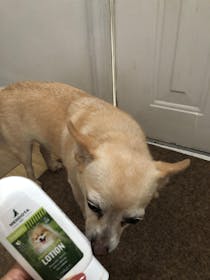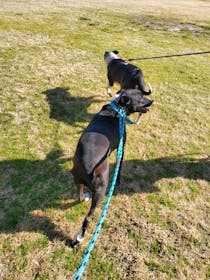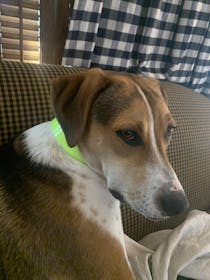National Pet Preparedness Month
Wildfire, tornado and hurricane seasons are quickly approaching. Make sure this is the year you're prepared.
Here are a few things you should consider keeping in your emergency kit, an emergency evacuation plan, and how to keep everyone calm during an emergency.
Stocking an Emergency Kit
These are a few of our favorite things to keep in our personal emergency kits. Of course, you should adapt to your own pets.
- Slip Lead: Favored by veterinarians, breeders and animal rescuers around the world. These leads keep your dog secure and can easily double as a harness, head halter and more.
- Collapsible Dog Bowl: Keep these in your vehicle, emergency kits, or packs for easy feeding and drinking on the road. Folds up small enough to fit in your pocket.
- Calm Time: These all-natural, vet-recommended tablets are simple to give to your pets and ideal for dogs in unfamiliar environment or stressful situations. Each tablet will produce a comforting effect that lasts up to 8-10 hours.
- Sportsman’s Whistle: This whistle features a rugged ABS housing in safety orange and is three handy tools in a compact design:
- a compass (liquid filled and luminous),
- a safety whistle
- a liquid filled thermometer (Fahrenheit).
- Salmon Sticks: These delicious high-value treats are great motivators for pets, particularly during times of stress.
- 15-ft Snap Lead: Need a little extra breathing room? The 15-ft snap lead is ideal for camping, hiking or giving your pets room to stretch their legs while on a walk.
- DuraFlect Synthetic Collar: Provides extra visibility in low-light conditions. Make it easier to locate your pets while you're on the road or in a low-light situation.
- Muzzle: public transportation and some shelters, usually requires larger dogs to be muzzled.
Emergency Plan
In most cases, cell phone activity for a specific region becomes very congested and it can often be difficult to reach family and friends during an emergency.
That's why you should have a plan before something happens. Talk with family and neighbors to discuss a meetup location should the need arise. Discuss various scenarios (worktimes, who will be nearby, which animals you have and how to locate, and how to best evacuate).
It's important that everyone understand their role before disaster strikes. Once you have done this, begin your emergency checklist.
- Pet-friendly Locales: Create a list of pet-friendly hotels, boarding facilities, and/or pet-friendly public shelters near your home and workplace.
- IDs & Photos: make a copy of all of your pets health records, registration (if available), microchip number and owner number, as well as an updated photo. Attach these records in a waterproof envelope and attach to your kennel, and keep a copy on you at all times.
- Medication: Keep a 3-day supply of pet medication on you and attached to your pets kennel in a waterproof container along with your photos and ID.
- Kennel: Small pets should be kept in their crate or kennel during transport and upon arrival to public shelters.
- Food: Keep a 3-day supply of food and water in your emergency kit, particularly if your pet has specific dietary needs.
This list is put out by the CDC and offers a number of excellent tips.
Understanding Your Pet's Rights in A Disaster
The PETS Act was passed in 2006 after Hurricane Katrina forced many owners to leave pets behind. This act merely authorizes FEMA to provide rescue, care, shelter, and emergency medical assistance to pets following any catastrophe. It does not require hotels or other establishments to take your pets in during a disaster.
While reputable hotels and shelters often suspend their “no pets” policy, the act does not require them to do so. Rather, the PETS Act provides extra funding for states to help with pets.
You will still be required to keep your pets leashed and/or crated or muzzled in most instances.
These should be a standard item in any pet care kit. They enable you to quickly create a muzzle or harness should the need arise. They also allow you to quickly capture your nervous dog for ease in evacuation.
Whatever your plans, be sure to make them.




